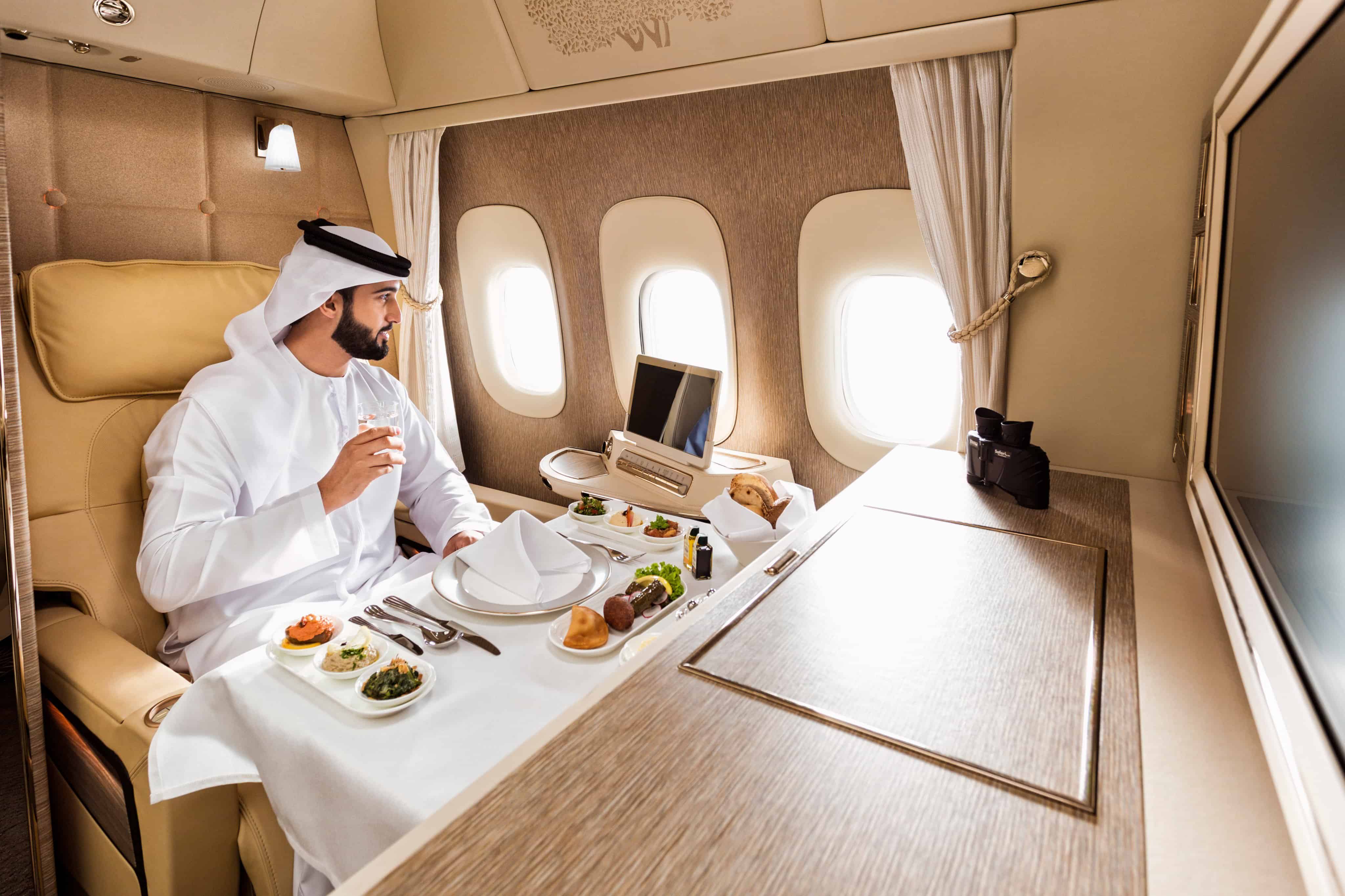Given how long I’ve worked in the media and communications, I’d consider myself a cynical hack. But every now and then, I am taken aback. During our last national holiday, I traveled with family within the Gulf. As I’m standing at check-in, I read a sign that had the ability to both shock and anger me.
What was written on that board, you will ask? There were three words in Arabic, “درجة رجال الأعمال”. This means ‘Business Class’, but literally translated to ‘Businessmen’s class’. The phrase was used for years to denote that particular travel level. Some airlines and airports are moving away from this wording and are instead opting for a phrase that is more neutral in tone. However, me being me and having some time to kill at the airport, I was curious to see how many airlines and airports still use the older phrasing. It surprised me how many still do, including one which is arguably one of the top airlines globally (take a guess who).
You may ask, why should a clunky phrase bother me? I will tell you why. It’s all about equality. This is a region which has for many years given preferential treatment to one gender over the other. This truth is shifting, I am happy to say, with more opportunities for women. And yet, despite all of the lovely words spoken by every company and organization during events such as International Women’s Day to prove how much they’re doing to achieve gender equality, we still have anachronisms like this that remind us how much we have to do to change hearts and minds and ensure fair treatment for all.
The silliness of all of this is that many of the business class passengers on my flight were women (Arab too). You’d think that, given the growing income of MENA’s women, airlines would be at pains to win them over. It would seem an easy win for airlines to change their wording of luxury travel to be more gender neutral, and actually appeal to half of society with a naming that does imply a particular bias (yes, women do travel on business class). To push the point home, research by various parties estimates that high net worth women in the Gulf own assets in excess of US$350bn. A number of airlines understand the opportunity here and they have changed the phrasing to “درجة الأعمال”, which is gender neutral.
I’m at a loss as to why such a phrase at all is used today, in a time where people are becoming increasingly aware of brands and organizations that are for or against a specific cause or value. Is the reason that this phrase in use due to unconscious or conscious bias? Is it because there is too little diversity at the top? I could call out other industries, such as the FMCG sector. Some brands will use verbs that suggest a female gender when talking about cleaning or washing. While pains me all the more, given their efforts to share the load in other markets and talk about the need to involve men in household tasks that are traditionally associated with me.
Words matter. They matter even more in a region that promotes a vision of offering every one of its nationals, both men and women, the opportunity to be part of a brighter future. When speaking about this issue, I was struck by one Arab national woman who told me that she was so used to the phrase that she didn’t even realize there was a gender bias. Imagine the power of using language to promote equality and equity for all. That’s what we should be looking forward to, and that’s why I hope the next time I travel will be the first time for me not to be reminded of historical gender bias but rather a future where every person in the population is treated with respect and hope.
With two decades of experience in media and communications, Alex Malouf is one of the region’s sharpest minds on reputational issues. Alex oversees communications for the region’s first EV brand, Ceer.
The opinions expressed are those of the author and may not reflect the editorial policy or an official position held by TRENDS.








